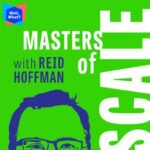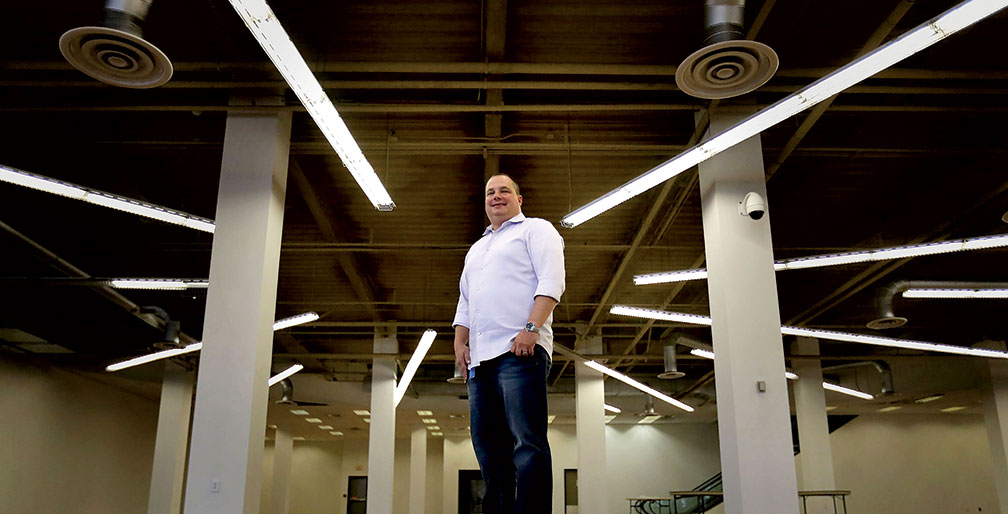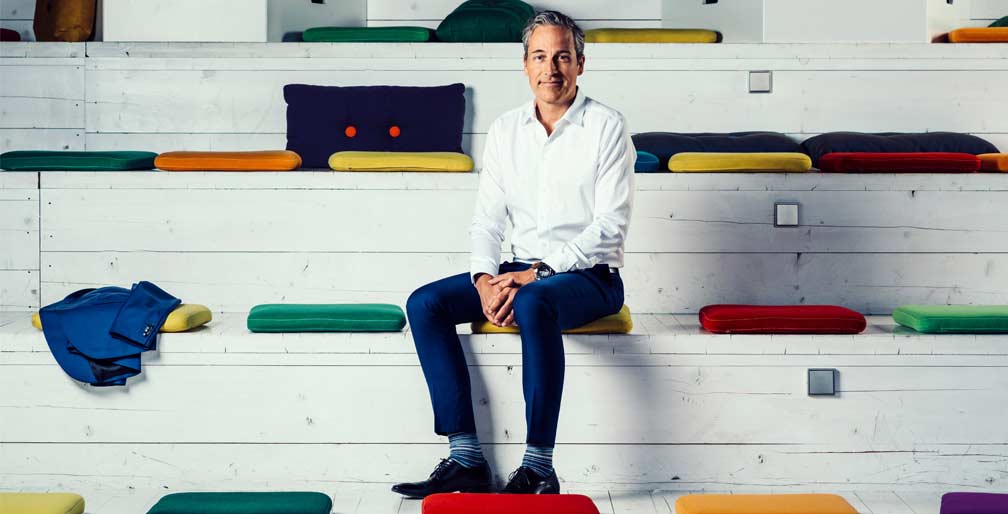Browser History: New Frontiers
Lessons From the Battlefield
 In the nine years that Lars Rasmussen has been CEO of Coloplast, he has racked up impressive accolades for both himself and the Denmark-based medical device and services company. In 2016, Coloplast was among Forbes’ top 25 most innovative companies, and two years earlier, Mr. Rasmussen was heralded as one of Harvard Business Review’s best-performing CEOs.
In the nine years that Lars Rasmussen has been CEO of Coloplast, he has racked up impressive accolades for both himself and the Denmark-based medical device and services company. In 2016, Coloplast was among Forbes’ top 25 most innovative companies, and two years earlier, Mr. Rasmussen was heralded as one of Harvard Business Review’s best-performing CEOs.
In an interview from IMD business school’s webcast series “The Learning CEO,” Mr. Rasmussen discusses some of his secrets for success, such as separating individual happiness from the health of the business, as well as the challenges he still faces, like getting employees to inform him of bad news—and quickly. It is an enlightening look into the mind of a CEO who has come a long way since taking on the role in 2008 as part of a turnaround directive to boost earnings.
Scaling Up

Reid Hoffman knows how to scale a business. The co-founder of LinkedIn and current partner at venture capital firm Greylock Partners has been nicknamed “The Oracle of Silicon Valley” and “The Startup Whisperer.” His latest endeavor seeks to share some of this wisdom, along with that of other successful entrepreneurs. Masters of Scale is a podcast hosted by Mr. Hoffman that features stories from guests such as Facebook’s Mark Zuckerberg, Netflix’s Reed Hastings and Airbnb’s Brian Chesky. The first episode explores how Mr. Chesky went from $25,000 in credit card debt to running a company valued at $30 billion, in part by following one of Mr. Hoffman’s favorite maxims: To scale your business, you have to do things that do not scale.
This Is Your Life: Conquer Your Commute
Your daily commute may be bad for your health. Studies have found that many Europeans rate their commutes as more stressful than their actual jobs, and having a travel time of 45 minutes or more could even increase couples’ chances of divorce. Here are some tips to better weather your travel time:
- Reduce It: One of the most obvious ways to conquer your commute is simply to make it shorter. For those who are already searching for a different job or home, do not discount the impact of a long commute. “Most people overweight the upside of traveling a greater distance—a job with a higher salary, for example, or a larger house in a nicer neighborhood—while underweighting the downsides of commuting,” a Harvard Business Review (HBR) article says. “We call this ‘commuter’s bias.’” If neither moving nor job hunting is in your future, HBR suggests making arrangements to occasionally work from home—or at least work closer to home. Look for nearby shared office spaces through organizations such as WeWork and PivotDesk.Try implementing a ritual, no matter how big or small, as part of this preparation. Research has found that a routine, such as looking at your calendar for the day (provided you are not in the driver’s seat), can make people more satisfied with their jobs and less stressed out than those who do not have a fixed routine.
- Use It Productively: Your a.m. commute is a prime time to start shifting your mind into work mode and preparing for the day or week ahead. Being mentally prepared upon arrival will make you not only more productive at work but also happier and more energetic, HBR says. “This is a simple, straightforward strategy available to everyone,” the article adds. “Simply ask yourself: ‘What steps can I take today and during this week to accomplish my work and career goals? How can I be more productive?’” To gain some extra minutes in the morning, try to move as much of your routine as possible to the night before, Ms. Rettig suggests. And once you wake up, avoid distractions like checking emails or turning on the television. If you need a daily news briefing, opt for the radio.
- Stop Rushing: Productivity coach Hillary Rettig noted in Fast Company that part of the stress of commuting comes from the fact that we are usually in a hurry. “When people are commuting, they’re most likely rushing,” she says. “Rushing degrades our happiness. Most of us probably don’t realize the stress it causes us physically and emotionally.”



